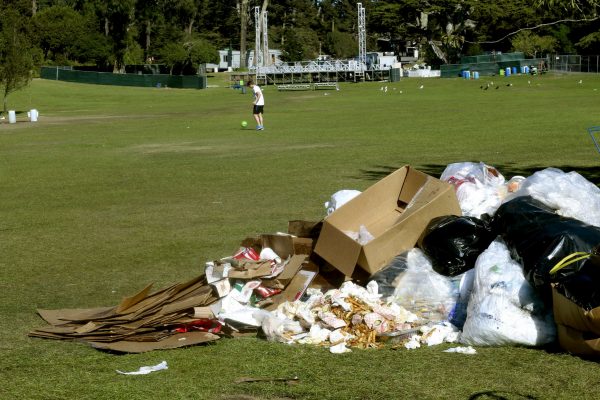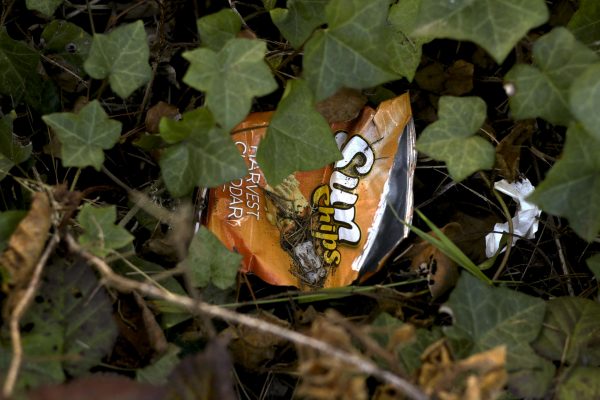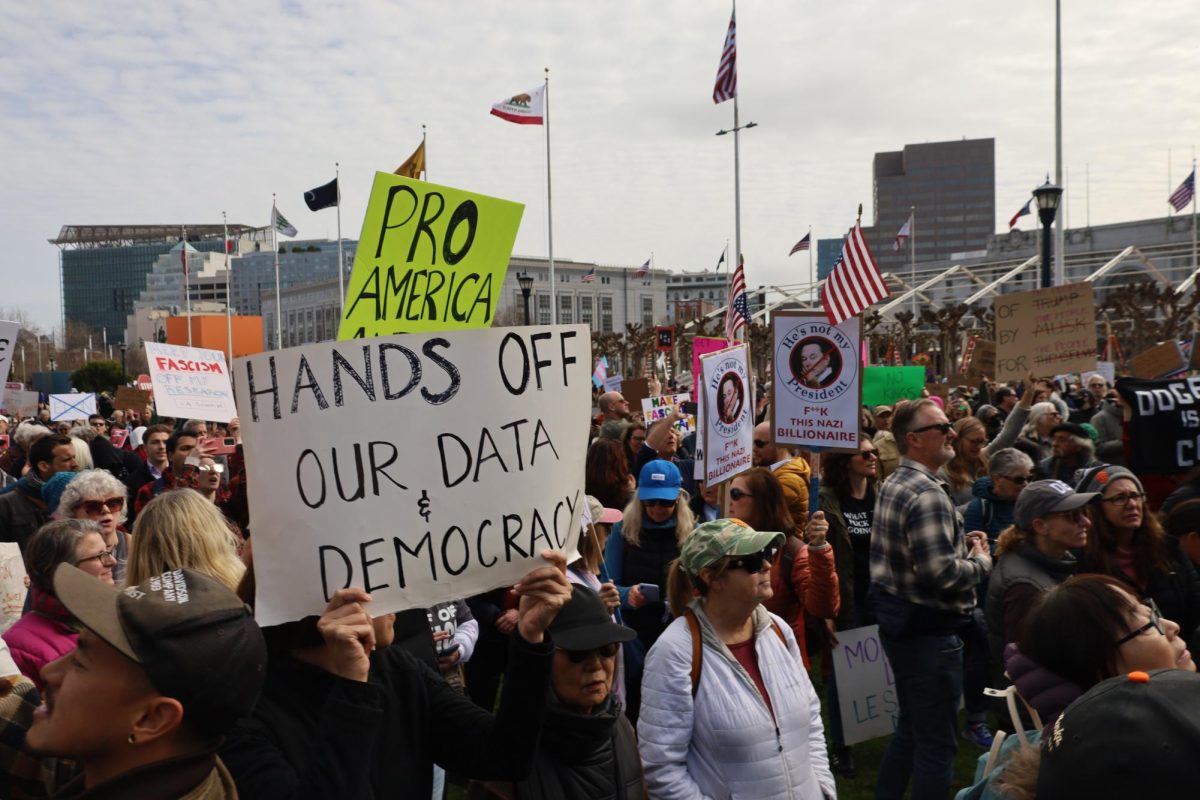After the final band struck its last chord and festival goers flooded out of Golden Gate Park Oct. 5, the only thing in the wake of Hardly Strictly Bluegrass was the tons of garbage left behind.
Clean-up crews of more than 60 people collected most of that waste into a pile 10 feet high and 30 feet wide by the following Monday afternoon, according to Mary Munat, founder of Green Mary Zero Waste Events.

The free music festival, which began in 2001, draws thousands of attendees to Golden Gate Park every year. Complaints from locals over the years prompted the city to look more closely at the environmental impact of large events similar to the festival.
Green Mary has been working behind the scenes with sponsors of the music festival for seven years to minimize the waste left behind by attendees. This year, the company was responsible for managing the primary cleanup after the event.
“Before the event we are talking with everybody in sight about how to minimize the waste of resources and maximize the appropriate reuse and recycling,” Munat said.
In San Francisco, any public event that requires street closure permits must have a waste management plan approved by the city before they are given the permit, according to Munat.
The company’s services are paid for by an endowment from the Warren Hellman Trust, whose namesake comes from the Bay Area philanthropist responsible for funding the original Strictly Bluegrass festival 14 years ago, according to Munat.
In general, Green Mary handles the logistics of minimizing waste before the event and leads the clean-up effort following it. They coordinate with companies, government bodies and private citizens to ensure that the event generates as little waste as possible.
“Significantly before the event, we’re working with the producers and the food vendor manager to communicate how zero waste happens,” Munat said.
Munat and her employees provided free refill stations to reduce the frequency of single-use water bottles, coordinated with waste removal companies to remove what waste was leftover and required vendors to purchase compostable materials for serving food.
Tristen Rowean, a freshman from SF State, said he was at Hardly Strictly Friday night, but he did not see an issue with trash.

“I saw a lot of trash cans and compost, but I didn’t think anything of it because you see that stuff everywhere,” Rowean said.
Frank Spencer, a student from the University of San Francisco, who lives near the park, said he attended the festival for at least a couple hours all three days and didn’t notice any spectacular effort to clean up during the actual event.
“I know they always do clean up and do a great job,” Spencer said. “Whether they get every single cigarette butt—that is probably an impossible task—but they always do seem to clean up pretty well.”
Spencer said he hadn’t been to the side of the park where the event took place, but he did notice more trash around his neighborhood.
“Along Haight Street it’s more dirty for sure because everybody lets out and kinda comes to the Haight,” Spencer said. “It’s definitely been a bit more messy on the street the past couple days.”






